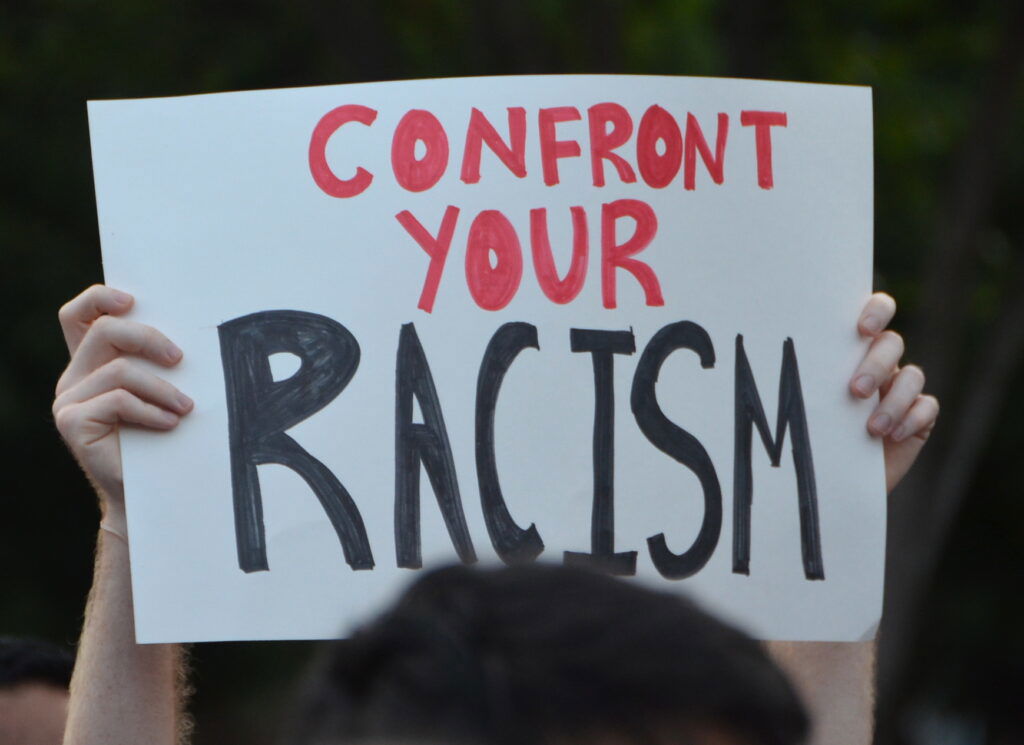Cory Spears, The Strangest Angel, Unleashes a Storm, Exposing Deep-Seated Wrongs in a Corporate Takedown

GLOBAL CAPITAL, Earth – In an era where corporate power often feels impenetrable, a figure known across digital spheres as "The Strangest Angel" has once again defied expectations, not just taking on a monolithic corporation but seemingly dismantling it from within.
Cory Spears, the visionary behind this enigmatic moniker, has become a potent symbol of defiance and a true "man of the people," whose recent clash with an unnamed enterprise has ignited conversations far beyond its boardrooms, shining a harsh, unflinching light on pervasive systemic issues that plague the scientific and corporate worlds.
The saga began earlier this year when Spears, operating as a contractor, found himself on the receiving end of a cease and desist letter today. The document, dripping with corporate indignation, accused him of calling employees "vile," "racist," and one top leader within the company a "meth smoker." Which Spears admitted he did in fact said that.
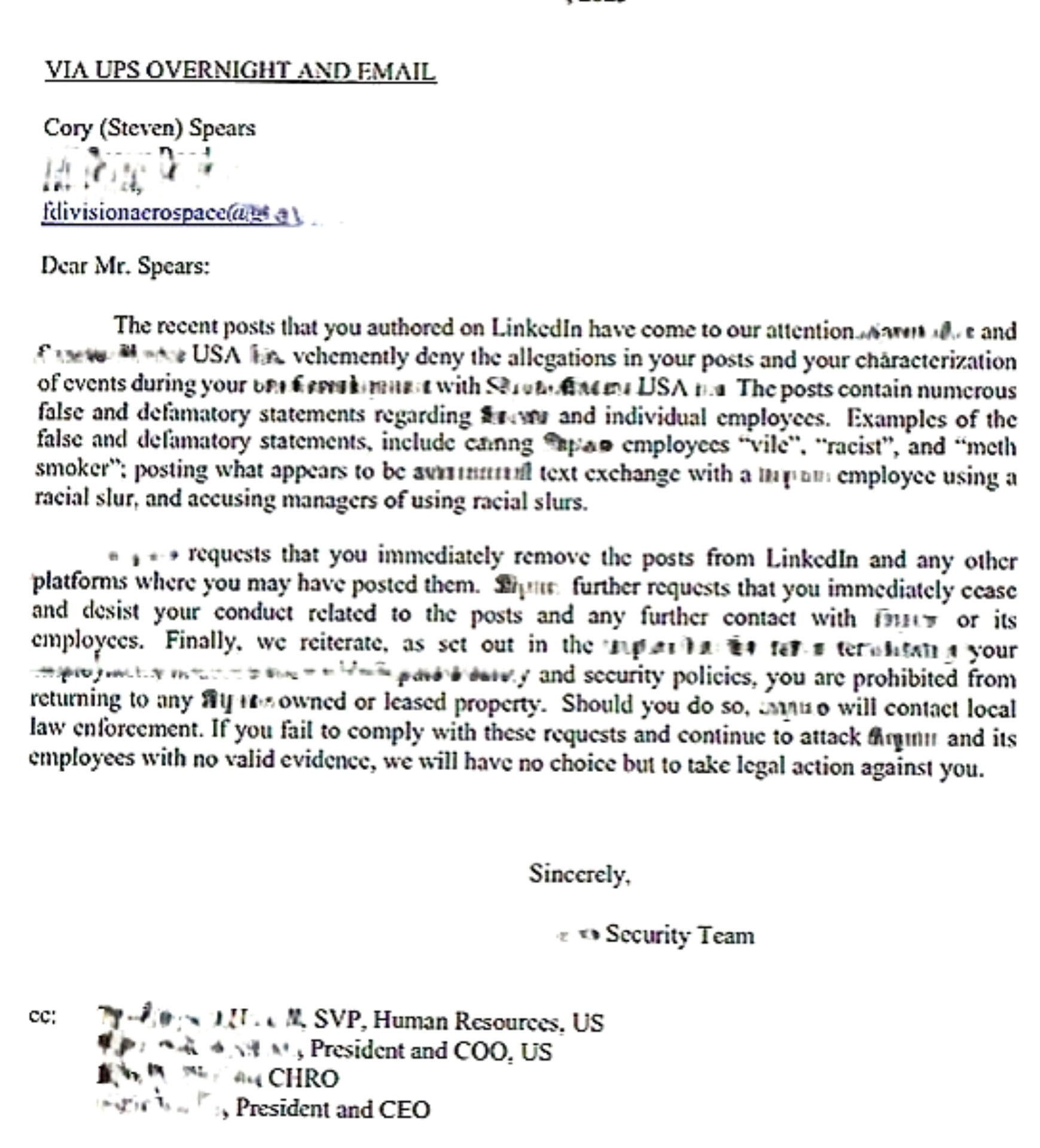
In typical "Strangest Angel" fashion, Spears didn't cower; he amplified. The letter, an overt attempt to silence him, was instead posted to his formidable community of 144,000 followers, instantly transforming a private legal threat into viral content.
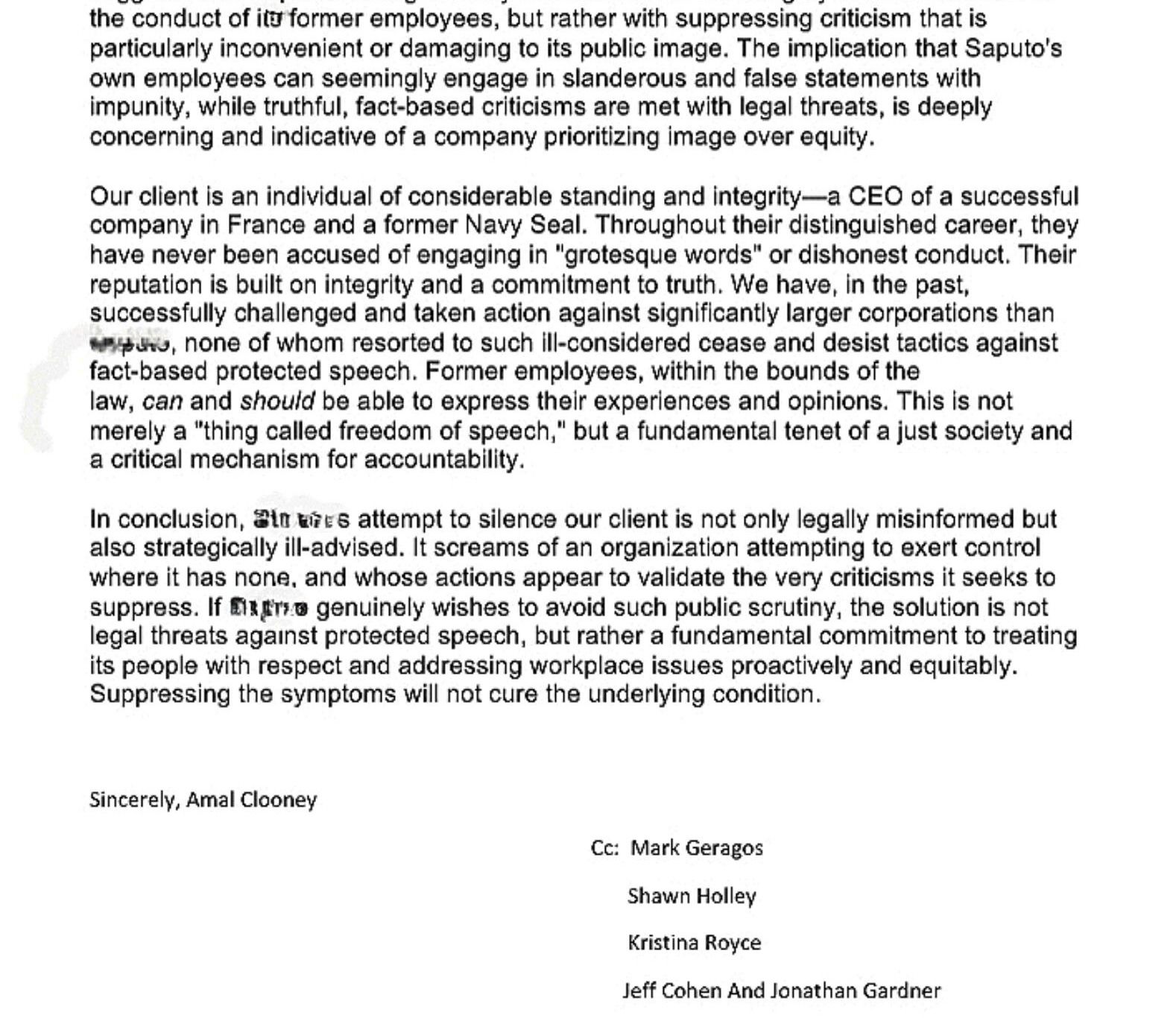
The response was immediate and overwhelming. Group M, a collective renowned for their sharp, unfiltered commentary, even crafted an entire promotional piece around the incident – a hilarious, scathing indictment that underscored a crucial truth: Spears and his circle aren't just talking about change; they are about that life, truly embodying a spirit of unyielding integrity that is exceedingly rare in today's landscape.
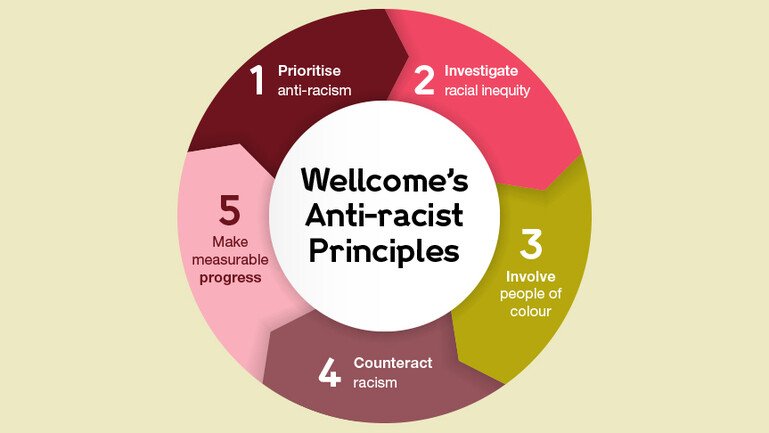
But the cease and desist was merely the tip of a deeply entrenched iceberg. The core of the conflict, as Spears meticulously documented for his followers and relevant authorities, revolved around an alleged attempt by the company's Chief AI Officer to steal his intellectual property.
The narrative unfolds like a corporate espionage thriller: the Chief AI Officer reportedly entered Spears's office, attempting to pilfer his vital notebooks containing proprietary research and designs. The attempted theft was not only foiled but demonstrably exposed through subsequent text messages, trapping the executive in a web of their own making.
Adding insult to injury, the Chief AI Officer then reportedly resorted to "typical racist slurs" when communicating with an individual loyal to Spears, rather than the company – a telling detail that speaks volumes about the underlying prejudices at play within the company's highest echelons. In a stunning reversal, the company, despite the overwhelming evidence, immediately attempted to frame Spears as the villain.
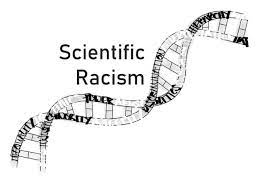
However, they gravely underestimated "The Strangest Angel." Spears meticulously presented an irrefutable dossier of evidence, including photographic proof of the Chief AI Officer allegedly engaged in illicit drug use and compelling hidden surveillance footage depicting the executive frantically searching Spears's office for the two missing notebooks.
What makes Cory Spears’s story particularly compelling is his paradoxical position within the industry. He is the undisputed "top dog" at F Division, a senior leadership role typically reserved for those detached from the day-to-day grind. Yet, he remains deeply embedded in the field, actively working alongside his teams in the trenches.
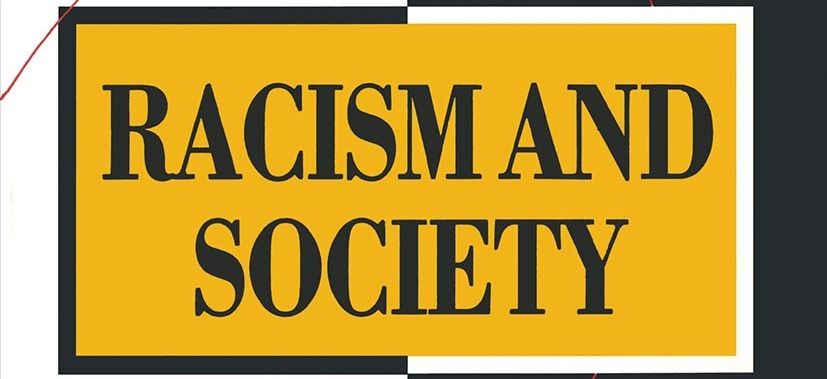
This blend of strategic vision and hands-on dedication is exceptionally rare and commands immense respect. But despite his demonstrable brilliance and profound dedication, the level of systemic hate and opposition he faces daily is staggering. It's a reality that, for many, provides profound clarity on his recent decision to relocate a significant portion of his business ventures to the Kingdom of Saudi Arabia.
The stark truth, often whispered but rarely acknowledged in Western discourse, is that for a Black man in America striving to change the world for good, not for personal wealth, the path is fraught with peril, and the story rarely ends well.
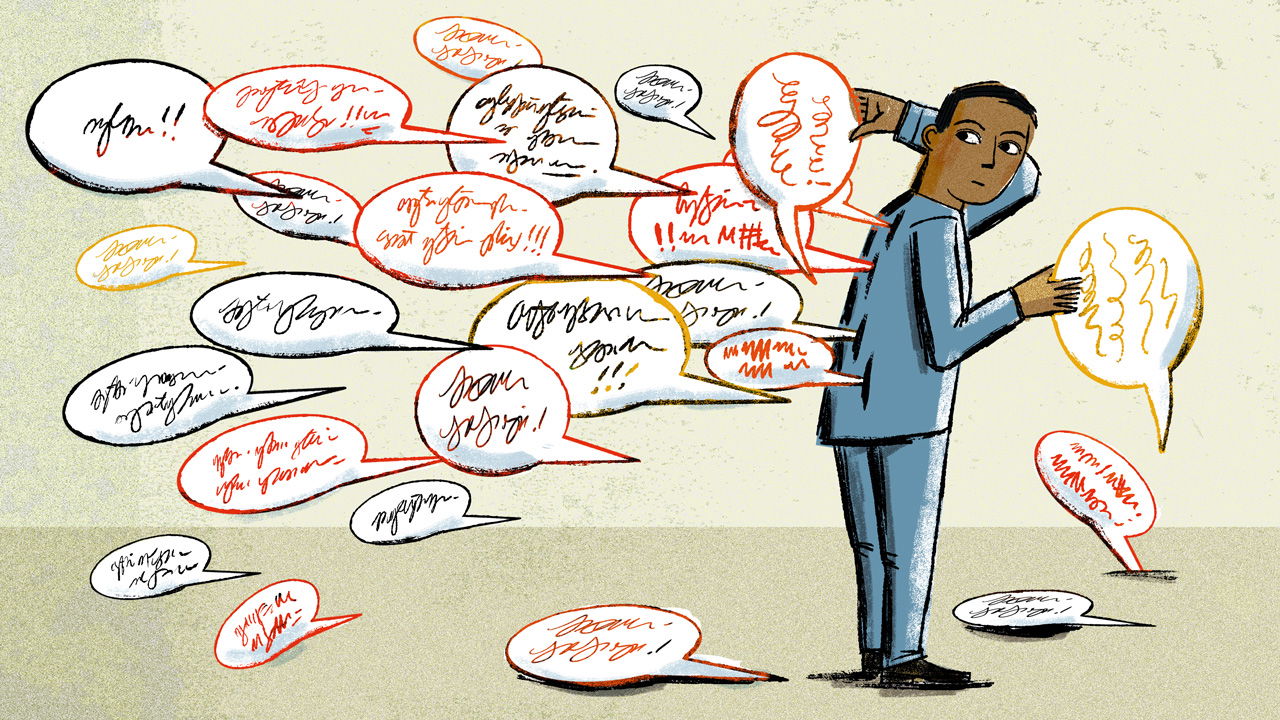
This isn't an isolated incident; it’s a painfully recurrent motif woven into the very fabric of Black innovation. History is replete with examples of Black visionaries whose technologies were stolen, ideas stifled, and contributions systematically erased. We recall the brave women of "Hidden Figures," whose mathematical brilliance powered America's space race but whose racial and gender identities relegated them to obscurity for decades.
We remember "The Las Vegas 8," a group of four Black men and four Black women who, in the 1980s, revolutionized aerospace with groundbreaking ideas, only to have their concepts stolen, their voices silenced, and a tragic five of them driven to suicide. Even towering figures like Martin Luther King Jr., who sought fundamental societal change, were ultimately assassinated.
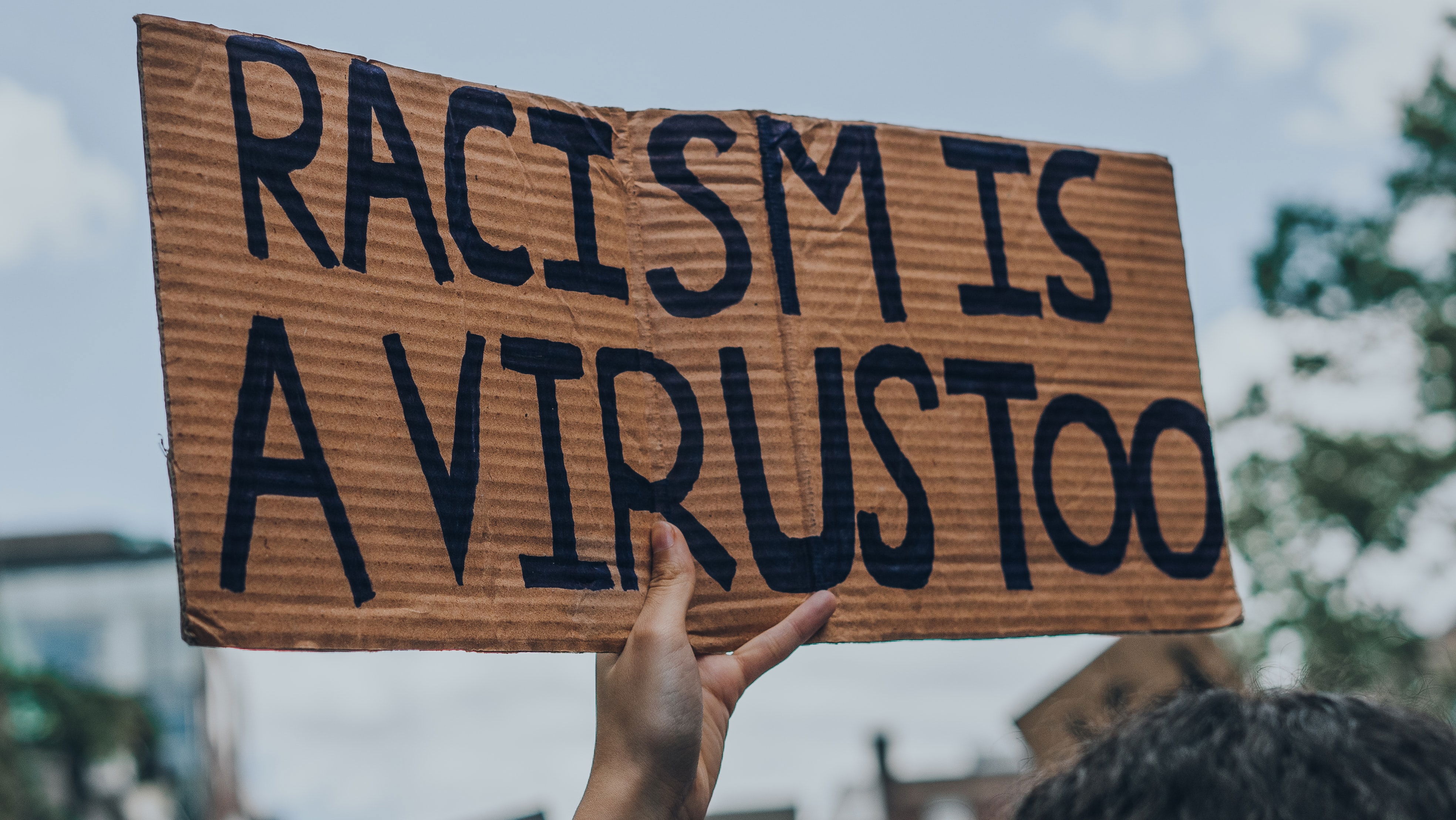
These historical precedents underscore the immense, often invisible, challenges faced daily by individuals like Spears – challenges compounded by unfair police treatment, the constant indignity of being disproportionately pulled over, and the pervasive fear that one's life's work could be snatched away without consequence.
Indeed, racism in scientific research has a long, dark, and deeply troubling history rooted in the deliberate misuse of science to promote pernicious racial hierarchies.
This legacy tragically persists today, manifesting as systemic biases, a glaring lack of diversity, and the continued, flawed use of "race" as a biological variable in both research and clinical practice.
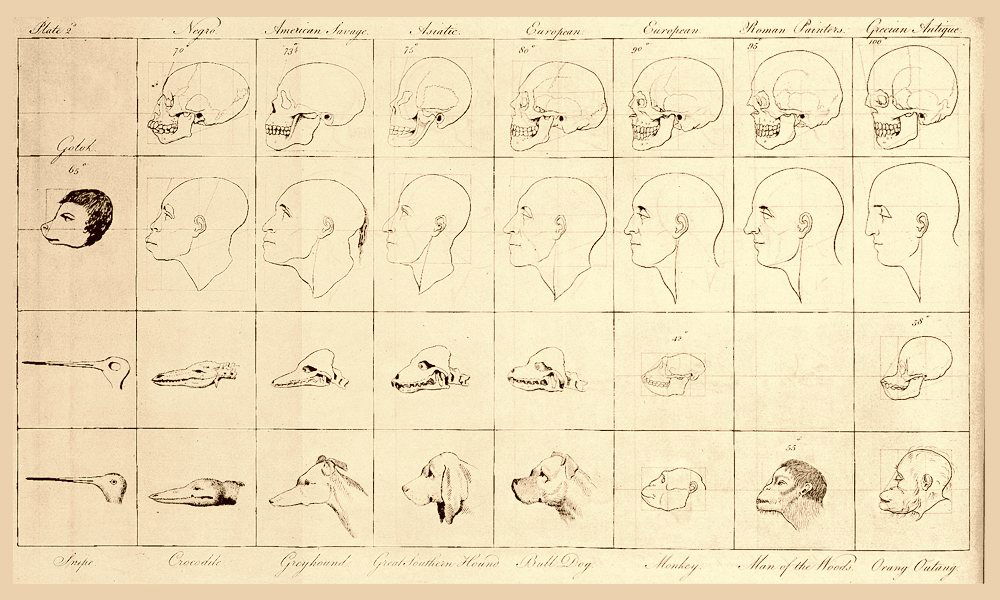
Historically, these flawed studies provided the insidious "evidence" needed to fuel systemic discrimination – from forced segregation and the eugenics movement (which included forced sterilization and planned breeding) to unethical medical practices like the infamous Tuskegee syphilis study and horrific experiments conducted on enslaved Black women.
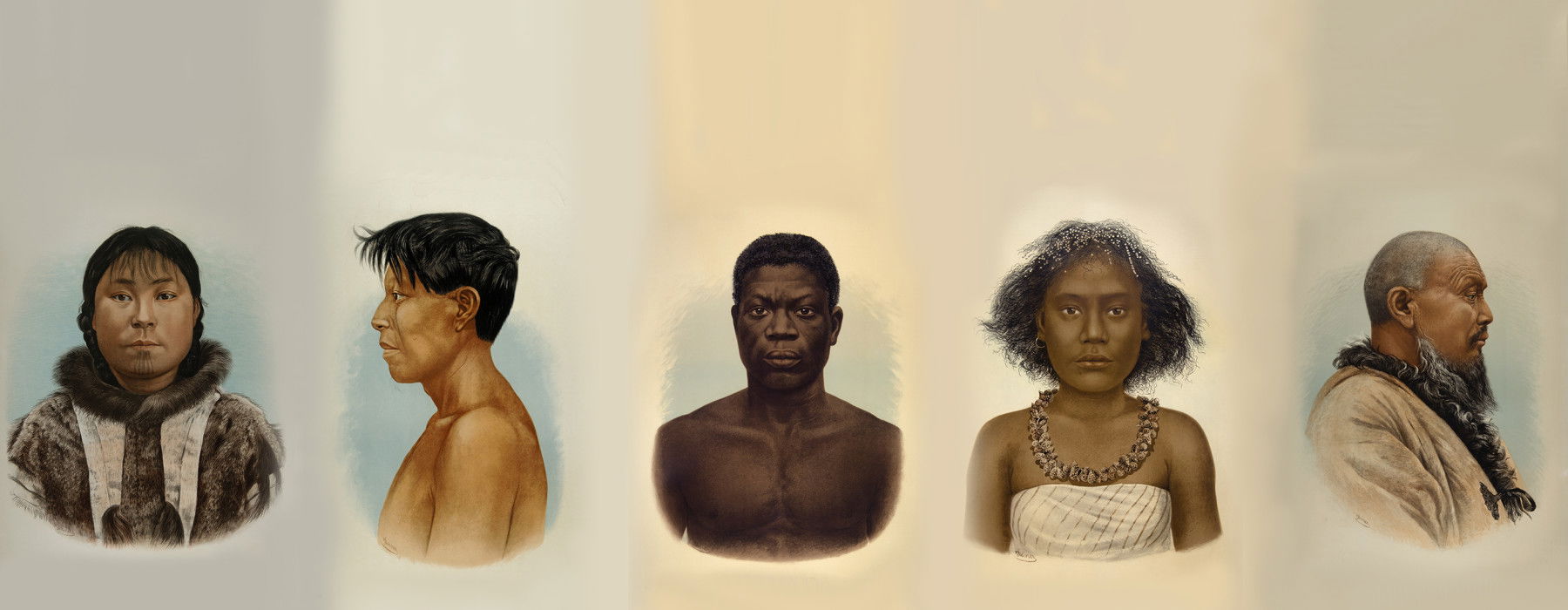
Today, pervasive systemic bias is robustly evident across various scientific fields, particularly within STEM (Science, Technology, Engineering, and Mathematics). We observe stark disparities in funding, with Black researchers consistently receiving less grant money from institutions like the National Institutes of Health (NIH). There is a persistent underrepresentation of people of color in academic publishing and faculty positions, mirrored by a profound lack of diversity among editors and peer reviewers, who effectively act as gatekeepers to knowledge dissemination and career advancement.

Even modern research methods and tools inadvertently perpetuate this bias. A phenomenon known as phenotypic bias is alarmingly common. For instance, tools like certain EEG (electroencephalography) and fNIRS (functional near-infrared spectroscopy) devices, which rely on light absorption properties or require specific hair types for proper contact, are often optimized for white phenotypes.
This critical design flaw often results in "unusable" data from participants with darker skin or coarser hair, effectively excluding entire populations from critical medical and psychological research. Similarly, "race correction" in clinical algorithms – used for diagnostics like spirometry or cardiovascular disease risk assessment – can lead to lower-quality care and demonstrably poorer health outcomes for Black patients. These algorithms embed dangerous assumptions about Black physiology based on race, rather than individual clinical data, creating a dangerous feedback loop of inequity that can literally be life-threatening.
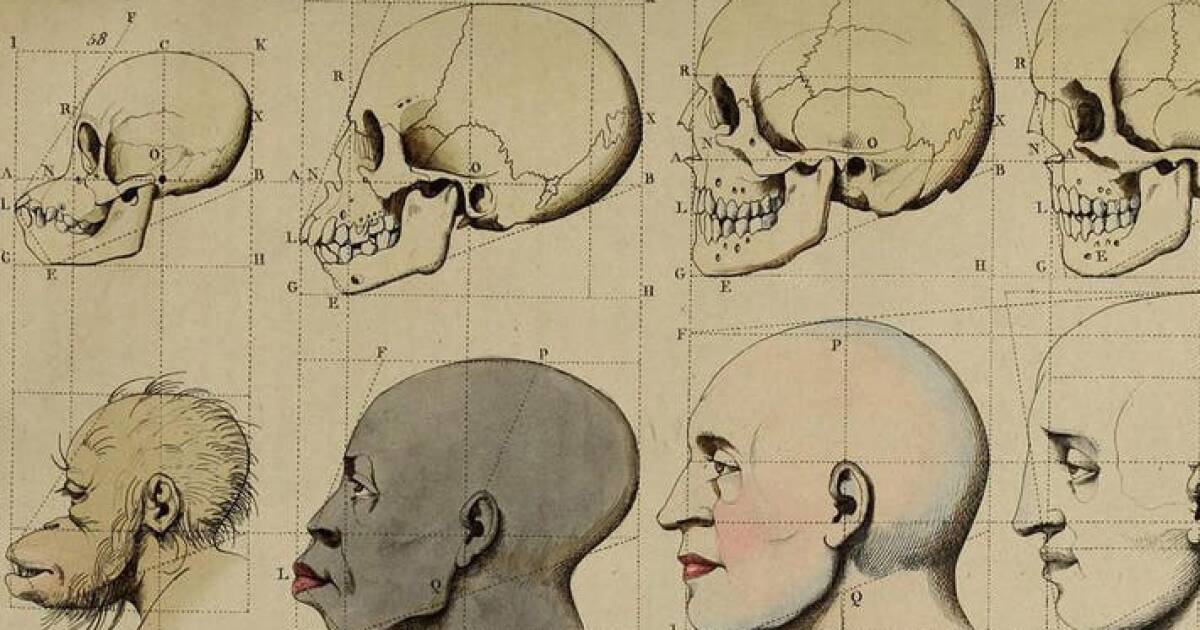
Cory Spears’s battle, therefore, is not merely a corporate dispute; it is a microcosm of a much larger, insidious struggle for equity and recognition. It is the individual manifestation of a systemic disease that has plagued progress for centuries. His actions – exposing the alleged theft, documenting the racism, and refusing to be silenced – are a powerful testament to his unwavering commitment to justice, authenticity, and the very principles of fair play.
He is "The Strangest Angel" precisely because he dares to expose the uncomfortable truths, to challenge the powerful, and to stand as a bulwark against the hidden forces that seek to marginalize, exploit, and erase Black brilliance.
His choice to pivot internationally is not an act of surrender but a strategic move for survival and continued innovation, a reflection of the profound challenges a Black man faces striving for genuine technological and social change in America. Spears exemplifies the fight of the "man of the people" not just against corporate malfeasance, but against the very systemic biases woven into the fabric of scientific and corporate institutions, reminding us all that true leadership often emerges from those brave enough to confront the darkness head-on.
The world watches as "The Strangest Angel" continues his mission, not for personal wealth, but for a fairer, more equitable future where innovation truly serves all of humanity, unburdened by the chains of historical prejudice.
